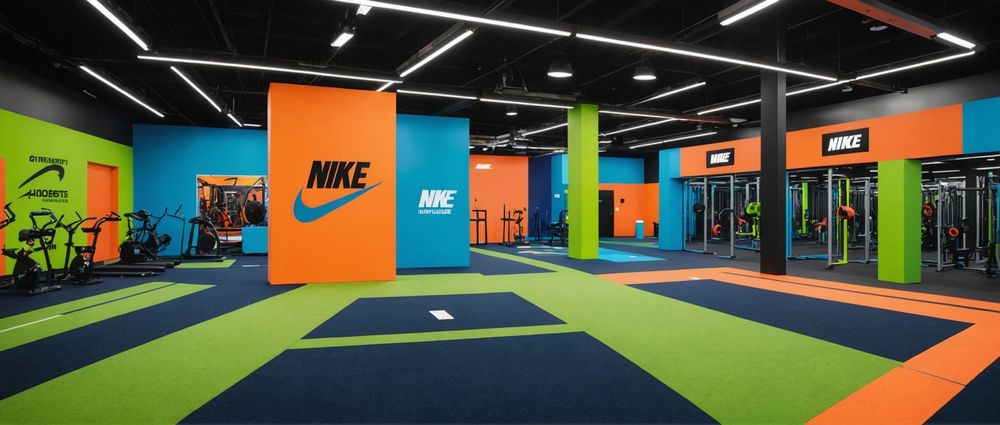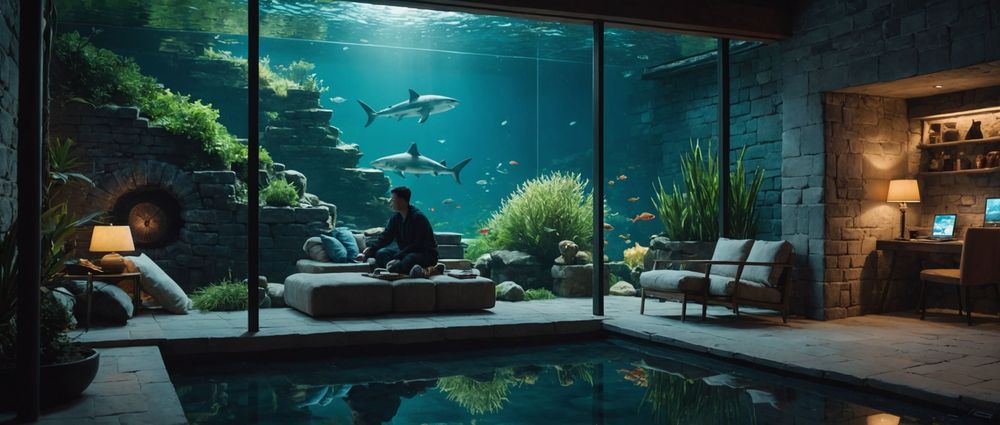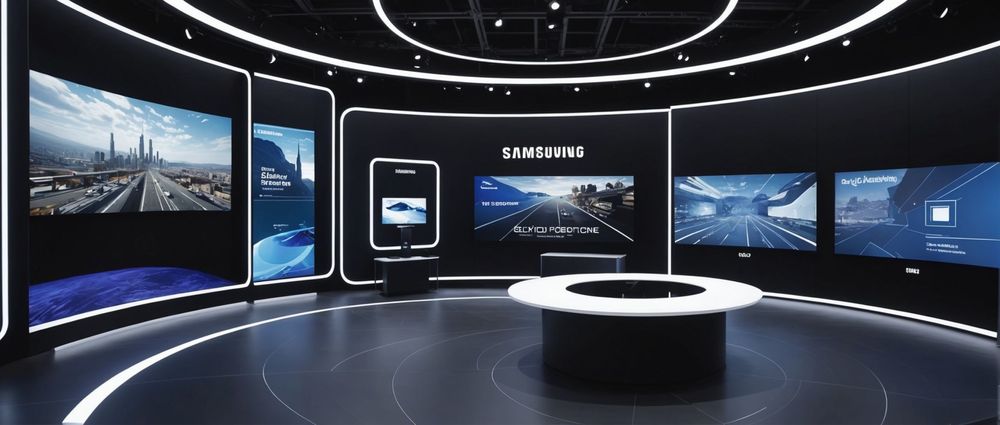Experiential marketing campaigns are designed to create memorable and emotional connections between brands and their audiences. These campaigns go beyond traditional advertising methods by offering immersive experiences that allow consumers to engage with a brand on a deeper level. In this article, we will explore a range of exceptional experiential marketing campaigns that have set the bar high and left us with serious event envy.
1. Nike’s “House of Go” Event

Nike’s “House of Go” experiential campaign was introduced to showcase the brand’s new React foam technology in their running shoes. The event took place in a customized fitness facility dressed in vibrant colors and interactive displays. Attendees could test the new shoes on a series of obstacle courses designed to demonstrate the shoe’s resilience, comfort, and springiness. This hands-on approach allowed participants to physically experience the benefits of Nike products, thus creating a strong emotional and sensory connection with the brand.
Highlights of the Nike Event
- Interactive obstacle courses
- Personalized shoe fittings
- Live performances and DJ sets
- Customized workout plans for attendees
2. Airbnb’s “Night At” Campaign

Airbnb’s “Night At” campaign invited participants to spend a night in one-of-a-kind locations, such as a shark aquarium or the Great Wall of China. This campaign provided a truly unique experience that was both memorable and shareable on social media. By offering these exclusive stays, Airbnb not only promoted its platform but also tapped into consumers’ desires for unique and adventurous experiences. The campaign generated a tremendous amount of buzz and media coverage, solidifying Airbnb’s status as a leader in the hospitality industry.
3. Coca-Cola’s “Share a Coke” Tour

Coca-Cola’s “Share a Coke” tour has been one of the brand’s most successful marketing campaigns to date. The tour involved a mobile kiosk that traveled across various cities, offering personalized Coke bottles with customers’ names on them. By allowing people to find and share their names on Coca-Cola bottles, the company created an interactive and personal experience. This campaign beautifully combined product personalization with social media engagement, encouraging consumers to share their personalized Coke bottles online.
4. Google’s “Home Made” Pop-Up
Google’s “Home Made” pop-up event used the power of experiential marketing to showcase the capabilities of its Google Home devices. This immersive event took place in a custom-built house where visitors could interact with Google Home throughout the various rooms. From turning on the lights to browsing recipes, the pop-up demonstrated all the practical uses of Google Home devices in a realistic setting. This allowed attendees to experience firsthand how the devices could simplify tasks in their everyday lives, making the brand more relatable and impactful.
5. Samsung’s “Galaxy Studio” Experience
Samsung’s “Galaxy Studio” provided a comprehensive and interactive way for users to experience the latest Galaxy products. Featuring a series of interactive zones, the studio allowed visitors to engage with the devices through virtual reality stations, 4D theater rides, and product demos. This hands-on experience not only demonstrated the innovative features of Samsung products but also created an environment where consumers could fully immerse themselves in the brand’s technology. The campaign successfully combined technology and experiential marketing, leaving a lasting impression on attendees.
Conclusion
Experiential marketing campaigns offer a powerful way for brands to create lasting connections with their audiences. By engaging consumers in interactive and immersive experiences, companies can showcase their products in memorable and impactful ways. From Nike’s fitness-focused events to Airbnb’s unique stays, these campaigns demonstrate the value of experiential marketing in building brand loyalty and engagement. As brands continue to seek innovative ways to connect with consumers, experiential marketing will remain a critical strategy for creating unforgettable experiences.
FAQ
1. What is experiential marketing?
Experiential marketing is a strategy that engages consumers through memorable and interactive experiences, allowing them to connect with a brand on a deeper emotional level.
2. How does experiential marketing benefit brands?
It fosters stronger emotional connections, increases brand loyalty, generates organic word-of-mouth advertising, and creates a lasting impression on consumers.
3. Which companies have successfully used experiential marketing?
Some examples include Nike, Airbnb, Coca-Cola, Google, and Samsung. These brands have created immersive and interactive campaigns that resonated well with audiences.
4. Why is personalization important in experiential marketing?
Personalization makes the experience more relevant and memorable for the consumer, enhancing their emotional connection with the brand and encouraging them to share their experience with others.
5. What are the key elements of a successful experiential marketing campaign?
The key elements include interactive experiences, personalization, emotional engagement, relevancy to the brand, and shareability on social media.




